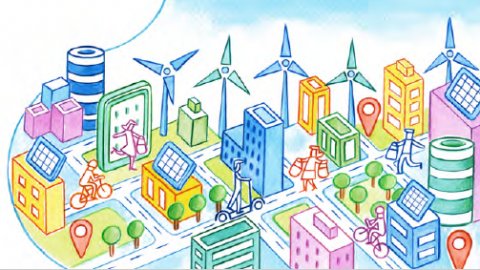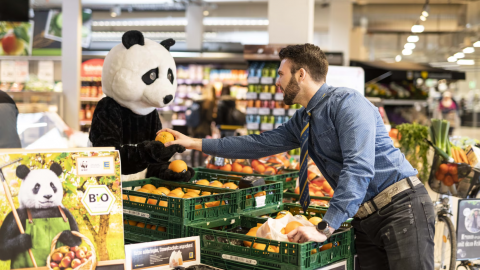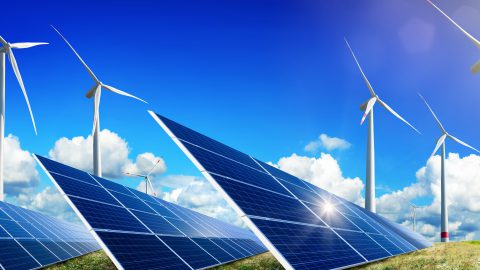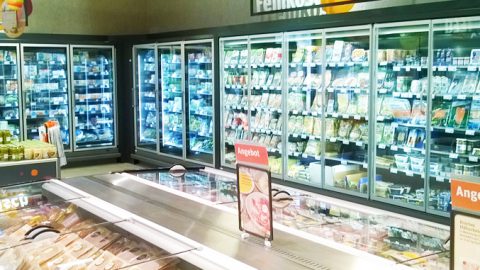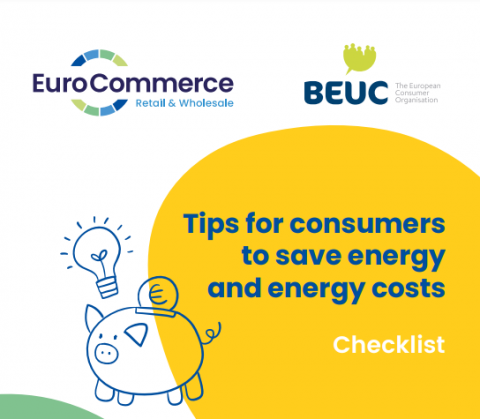FederDistribuzione, together with member companies operating in both food and non-food sectors, have defined voluntary guidelines in a common effort to curb energy consumption in the country. These guidelines affect both operational activities and intervention in energy efficiency. The areas of intervention take into account the specificities of the sector, which must guarantee essential service levels to protect consumers, such as food safety and cold chain management. It also confirms the commitment, already undertaken some time ago, by retail companies, to direct specific investments to achieve an ever-greater level of energy efficiency, for example by incentivising the self-production of electricity through renewable sources.


